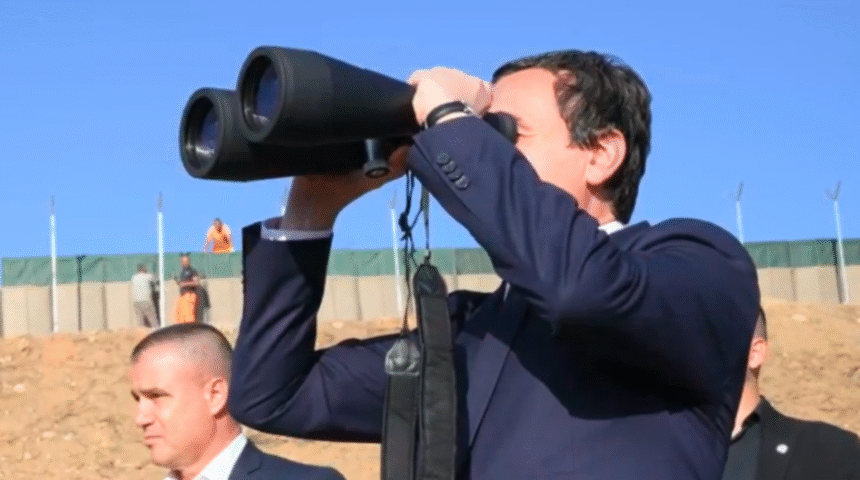Kosovo’s Prime Minister, Albin Kurti, stated in a detailed Facebook post that national security in the country has significantly improved due to coordinated efforts among institutions, professional collaboration, and operational interaction between intelligence, security, and justice bodies.
According to Kurti, the greatest progress has been observed in the four northern municipalities, where Serbia’s destabilizing influence has notably decreased, and the rule of law has been strengthened. He emphasized that the north of Kosovo, once a hotspot for criminal, terrorist, and pro-Russian activities, is now considerably stabilized.
“The reduction of Serbia’s destabilizing capacities, closure of illegal roads, combat against smuggling, designation of the ‘Civil Protection’ and ‘Northern Brigade’ as terrorist organizations, arrest of Serbian intelligence collaborators, and interventions in drug laboratories in the north are among the concrete results,” Kurti wrote.
He mentioned that recent terrorist attacks, such as the one in Banjska on September 24, 2023, and the attack on the Ibër-Lepenc canal in November 2024, were successfully managed, while many members of illegal structures fled to Serbia following interventions by Kosovo institutions.
Kurti also highlighted political developments within the Serb community in Kosovo, noting that Serb List no longer holds full control over the 10 reserved seats in the Assembly, thanks to the growth of political pluralism.
He added that the threat from extremist groups with religious motives remains low, while the risk of radical ideological spread is moderate. Kurti emphasized that malign influence from states like Russia, China, and Iran has been curtailed, and cooperation with international intelligence and security agencies has substantially increased.
In closing, Kurti stressed the crucial role of the Kosovo Intelligence Agency (AKI) in analyzing and countering hybrid threats and leading successful field operations.
“Our institutions are more coordinated and better prepared than ever before to guarantee the security of citizens and the protection of the country’s sovereignty,” he concluded.







